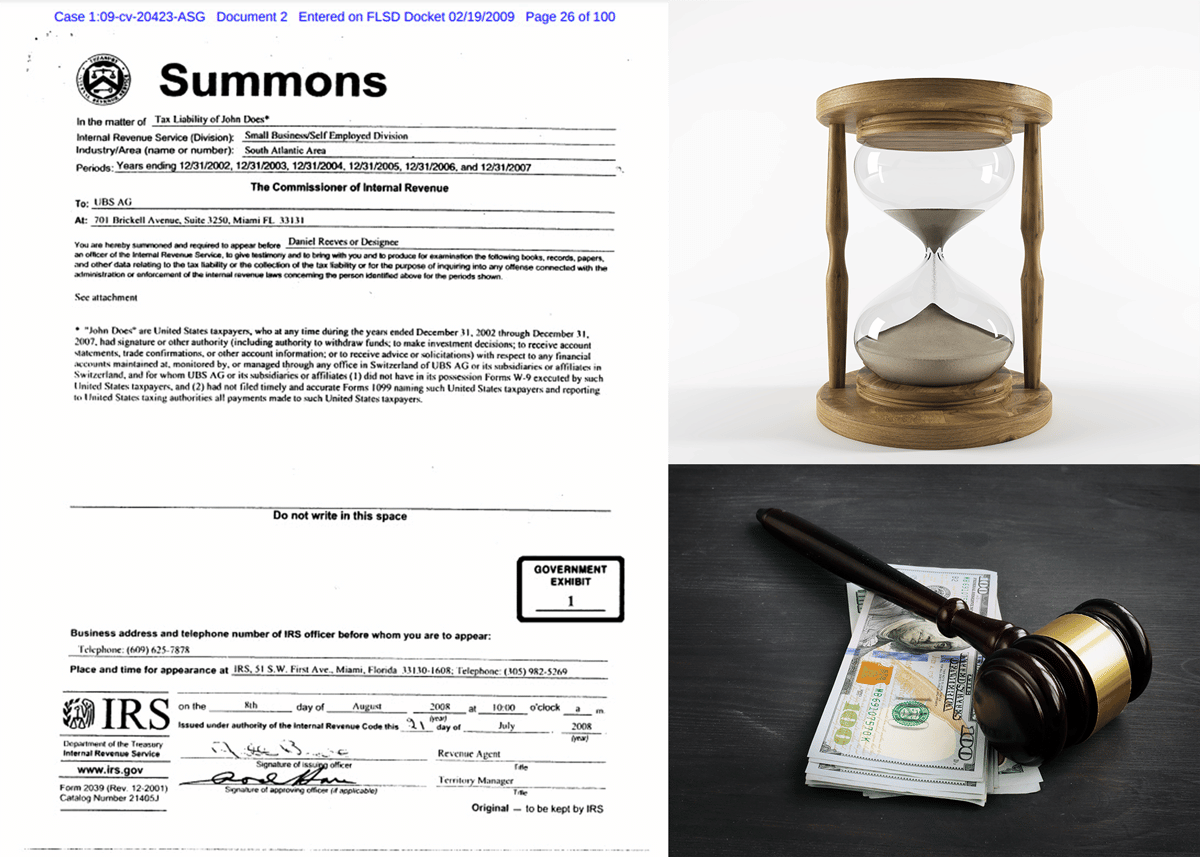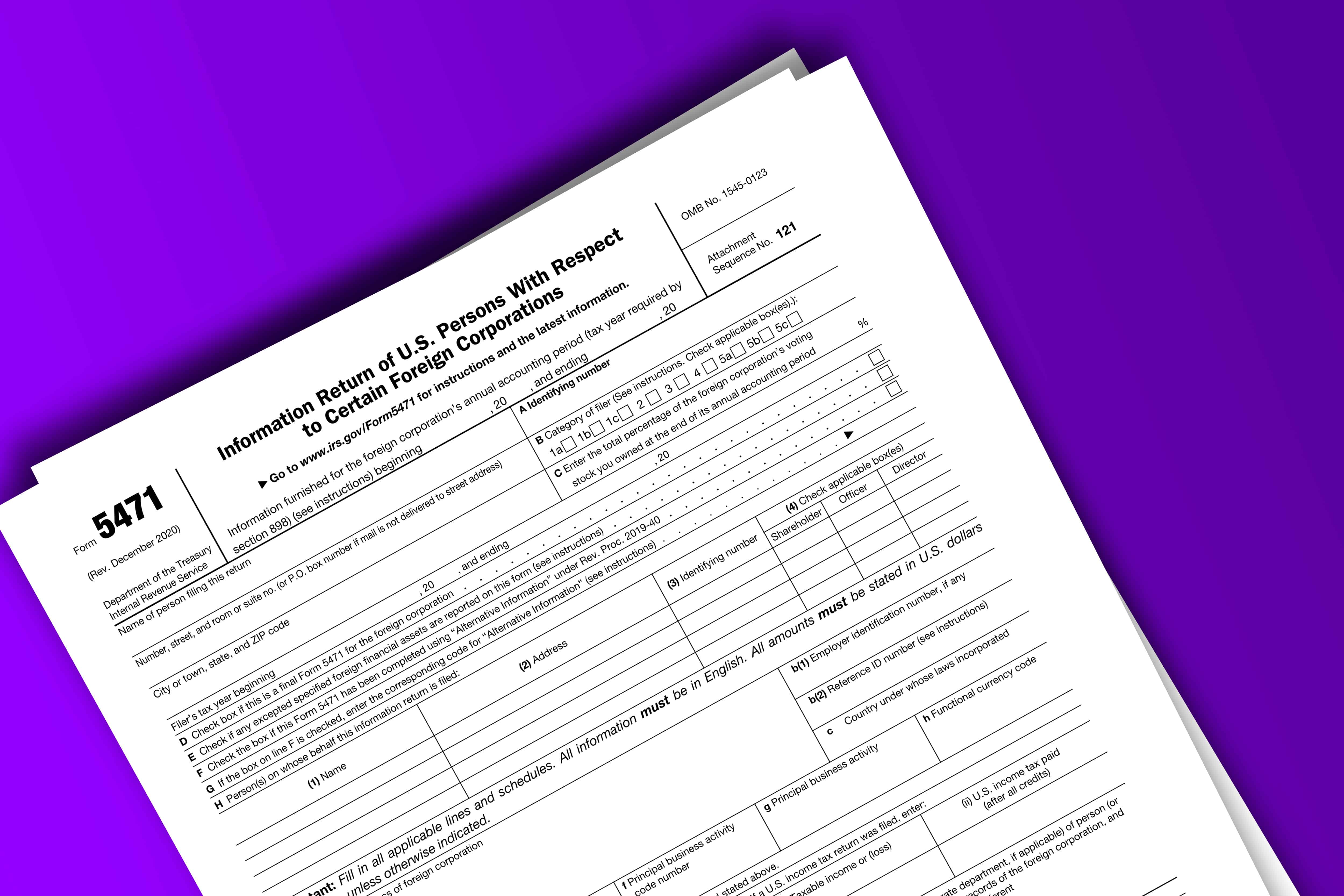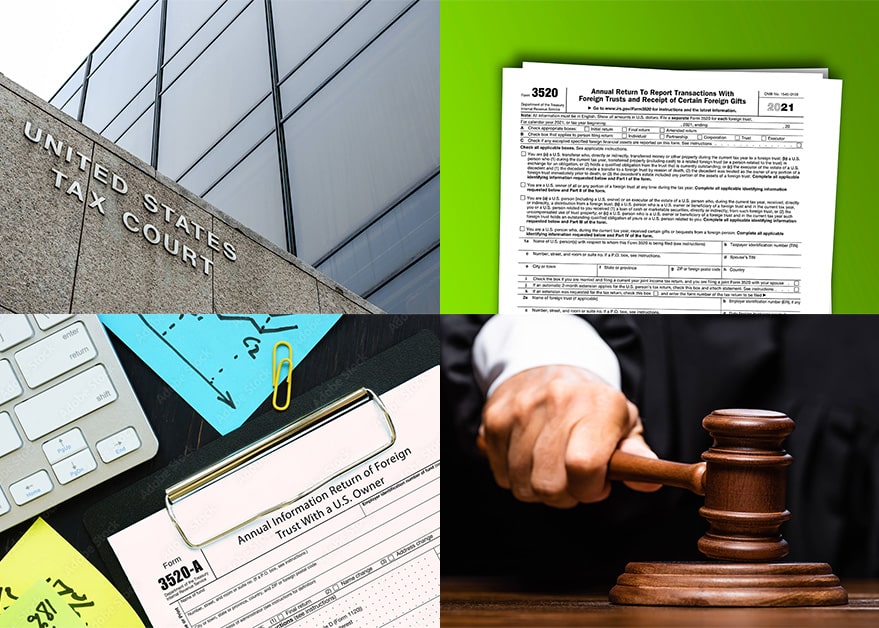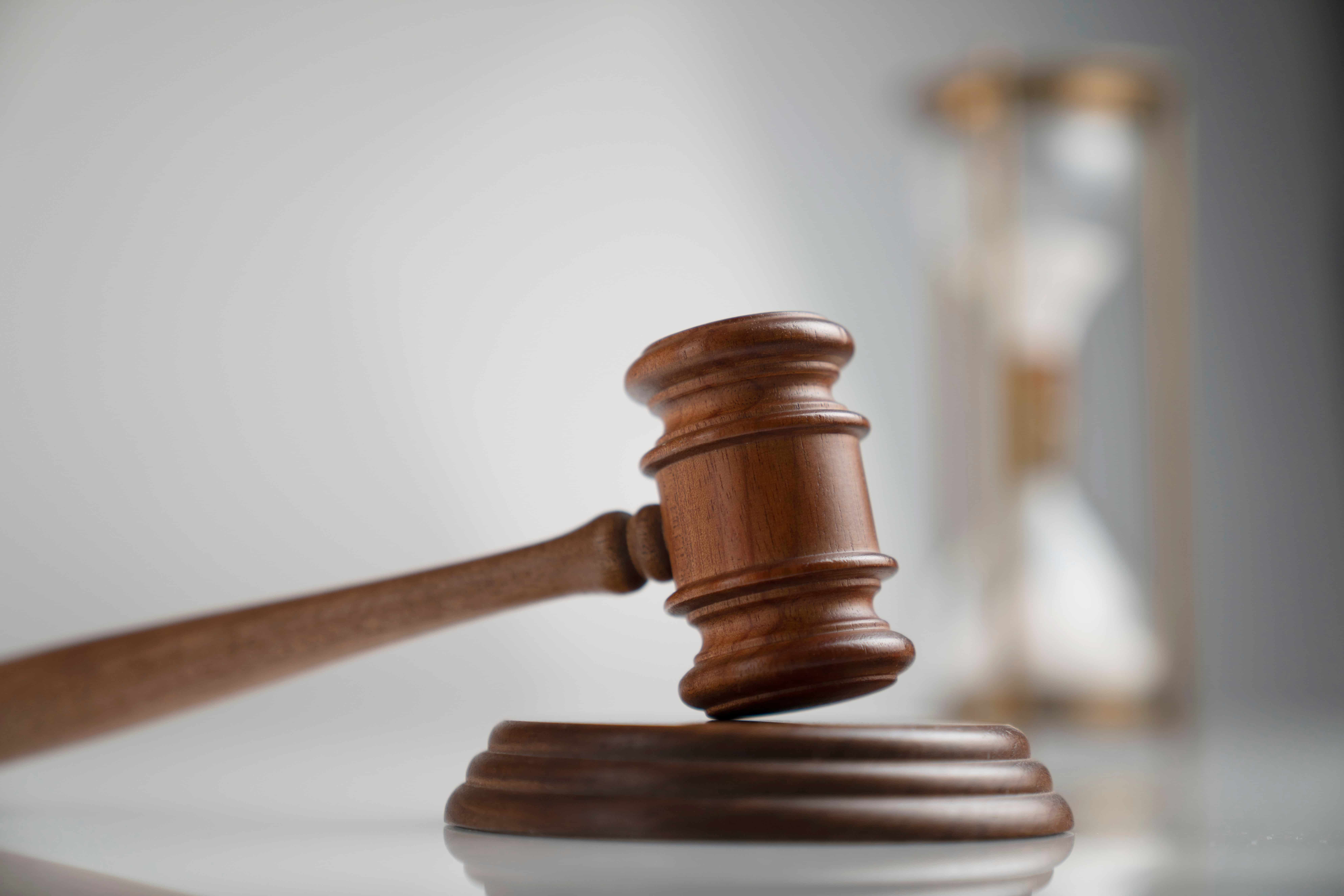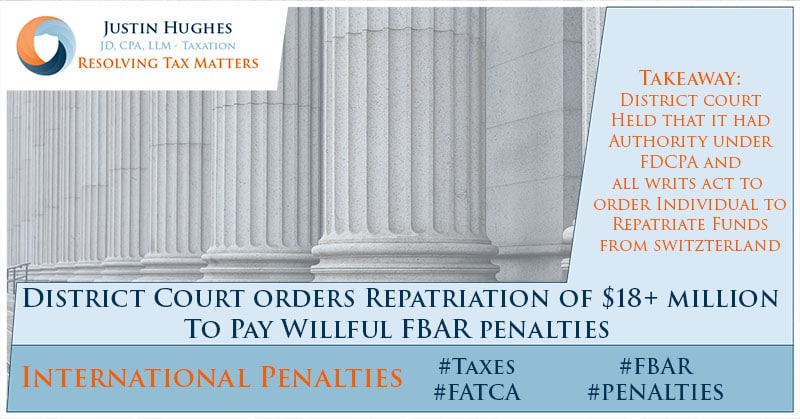IRS Will Not Allow § 199A Deduction on Substitute for Return
Per an internal IRS memorandum prepared within the IRS SB/SE division (link to memo), the IRS has determined that it will not allow a § 199A deduction when it prepares a substitute for return (“SFR”). [mfn] SBSE-04-1219-0054 Guidance for the qualified business income deduction on a substitute for return (12/9/2019) available at https://www.irs.gov/pub/foia/ig/sbse/sbse-04-1219-0054.pdf.[/mfn]
Under § 6020(b)(1) the IRS has the authority to prepare a return (i.e., SFR) from the IRS’s “own knowledge and from such information as [the IRS] can obtain through testimony or otherwise.” “Any return so made and subscribed by the Secretary shall be prima facie good and sufficient for all legal purposes.” Section 6020(b)(2). Since the SFR is good for all legal purposes, the IRS can make assessments based on the SFR. See 26 C.F.R. § 301.6201-1(a)(1) . Once the IRS makes that assessment, the IRS can begin normal collection actions (i.e., notice and demand, lien, levy, etc).
Given the IRS’s position in the new guidance, taxpayers that are otherwise entitled to claim a § 199A deduction should be sure to file a tax return before the IRS files a return on the taxpayer’s behalf. In many instances, the IRS will send taxpayers a notice indicating that they IRS has not received a return before filing an SFR. As a result, taxpayers that receive such notices should act promptly to file delinquent returns to avoid having an inaccurate assessment on the IRS’s books (i.e., an tax debt that does not reflect a § 199A deduction).
If the IRS does make an assessment based upon an SFR and the taxpayer wants the benefit of the § 199A deduction, the taxpayer will have to come forward to file an original return. In that case, the filing of the original return will trigger an audit reconsideration.[mfn] See generally, 4.13.1.2 Definition of an Audit Reconsideration (“it is also the process the IRS uses when the taxpayer contests a substitute for return (SFR) determination by filing an original delinquent return or when there is a n IRS computational or processing error in assessing the tax. Please see IRM 1.2.12.1.15 , Policy Statement 3-15 (Formerly P-2-89).”) and 4.13.5 Exam SFR Reconsiderations[/mfn] Under this process, the original return will reviewed by an IRS SB/SE employee. If the original return is accepted as filed, then the IRS balance will be corrected.
Notes:
[1] SBSE-04-1219-0054 Guidance for the qualified business income deduction on a substitute for return (12/9/2019) available at https://www.irs.gov/pub/foia/ig/sbse/sbse-04-1219-0054.pdf.
[2] See generally, 4.13.1.2 Definition of an Audit Reconsideration (“t is also the process the IRS uses when the taxpayer contests a substitute for return (SFR) determination by filing an original delinquent return or when there is a n IRS computational or processing error in assessing the tax. Please see IRM 1.2.12.1.15 , Policy Statement 3-15 (Formerly P-2-89).”) and 4.13.5 Exam SFR Reconsiderations

Justin Hughes, JD, CPA, LL.M.
Justin Hughes focuses on resolving federal and state tax disputes for individuals and businesses. He has represented clients before the IRS and state taxing authorities at all stages, including audits, administrative appeals, litigation, and collections. As both an attorney and a CPA, he combines legal insight with accounting experience to help resolve tax problems for clients.

